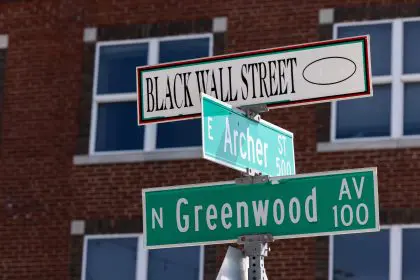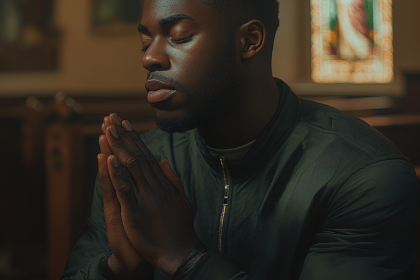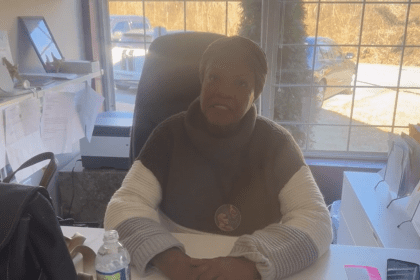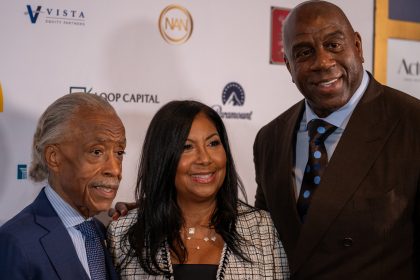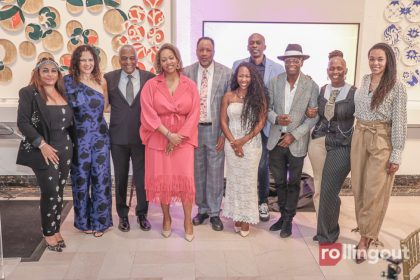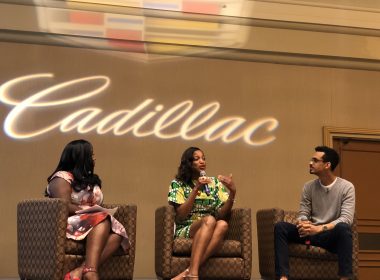
Tamika Mallory is a social justice leader, and a political activist who is leading the charge in advocating for human rights, civil rights and equality for women. The New York native tackles big issues like gun violence, criminal justice reform and police accountability. Mallory is a former executive director of the National Action Network and one of the co-chairs for the Women’s March on Washington — the largest single-day protest in U.S. history. We spoke with Mallory about COVID-19 and the disparities in our community.
Should we be reopening right now?
We all know that at some point, you have to open. You can’t keep the country on lockdown forever. We understand that how we do it, and when we do it is debatable, but at some point, we have to get back to some level of normalcy. While we’re worrying about the death rate, and the physical toll and everything else that the virus has taken on our communities, the other thing we also have to be clear about is that 30 plus million people are unemployed. And at some point that has to be addressed. I think what really should be at the forefront of the conversation is the idea that we need more innovative strategies for education, for employment and for all of these different areas, so that we don’t have people as in contact as they were.
There has been a disparity, not only in healthcare but in policing. What is the tone of New York, and what can we do to be ready to vote?
Our police commissioner made some comments the other day. He said when the data came out, and the data showed that it was more than 80 percent of Black folks, not Black Latino, and whomever, Black people specifically, because that’s important. We need to be very clear that it is over 90 percent Black people specifically who have received whatever the enforcement is around these arrests. The issue for us is when you listen to the commissioner, he says, “Yeah disparities exist.” He acknowledges that yes, the numbers show there’s an issue. But he goes on to say, “People don’t like to talk about the disparities in the murder rate. People don’t like to talk about the disparities in robberies.” So basically, what he’s saying, is that the same people we’re arresting, or we’re giving summonses to, are dangerous because they commit all the murders and they also are the ones doing all the robberies. They’re the ones responsible for all the crime.
This is the language that is being used by the police commissioner in New York City. When we think about voting, we have to ensure that whoever we’re voting for answers to us; because, in my judgment, those types of statements from a police commissioner should have met his immediate removal, because he obviously has a bias against Black and brown people, which allows his officers to go out and terrorize our communities when they’re not treating other people the same.


